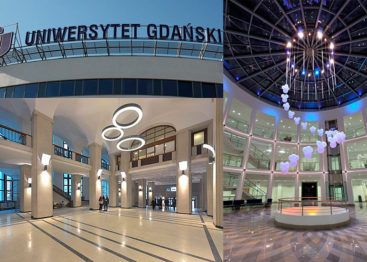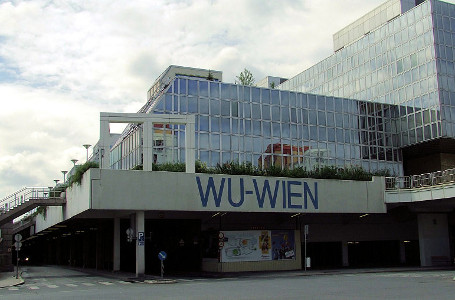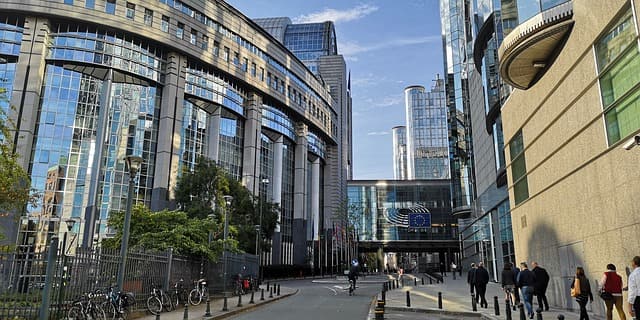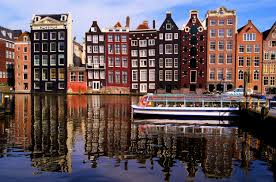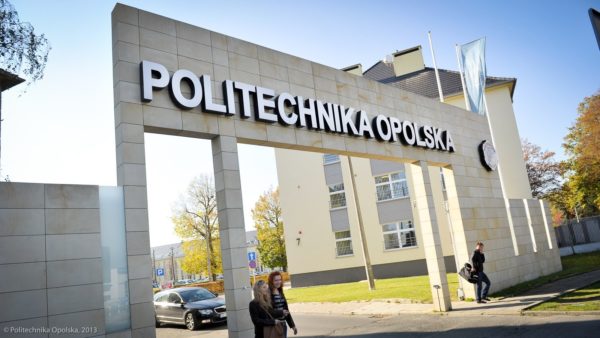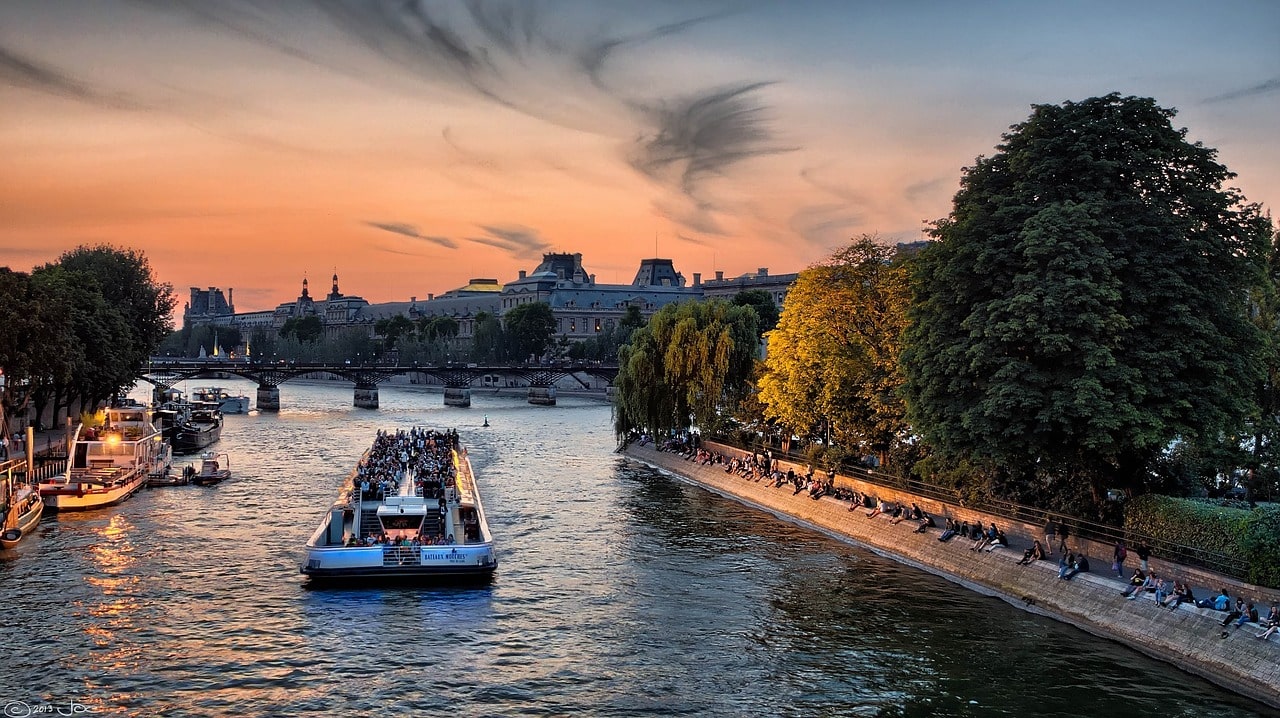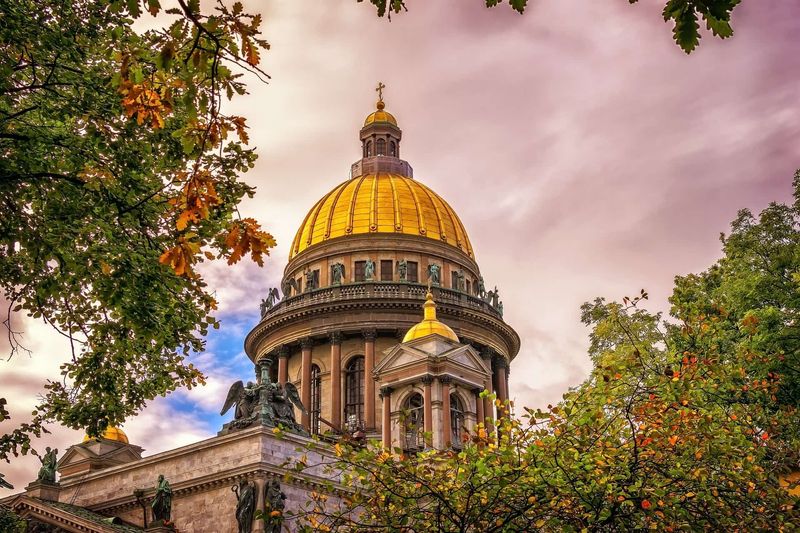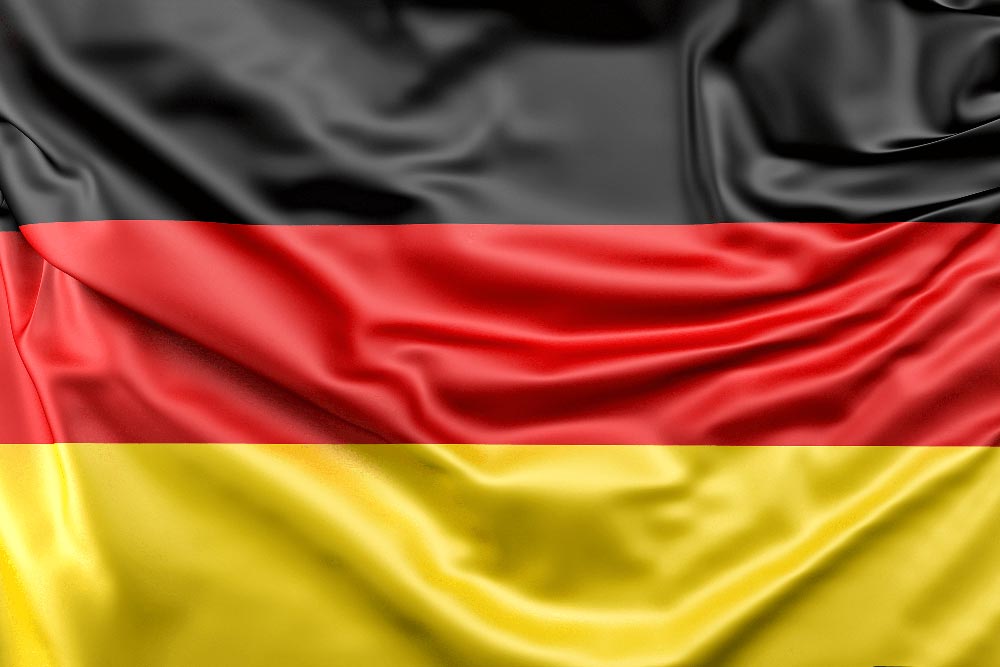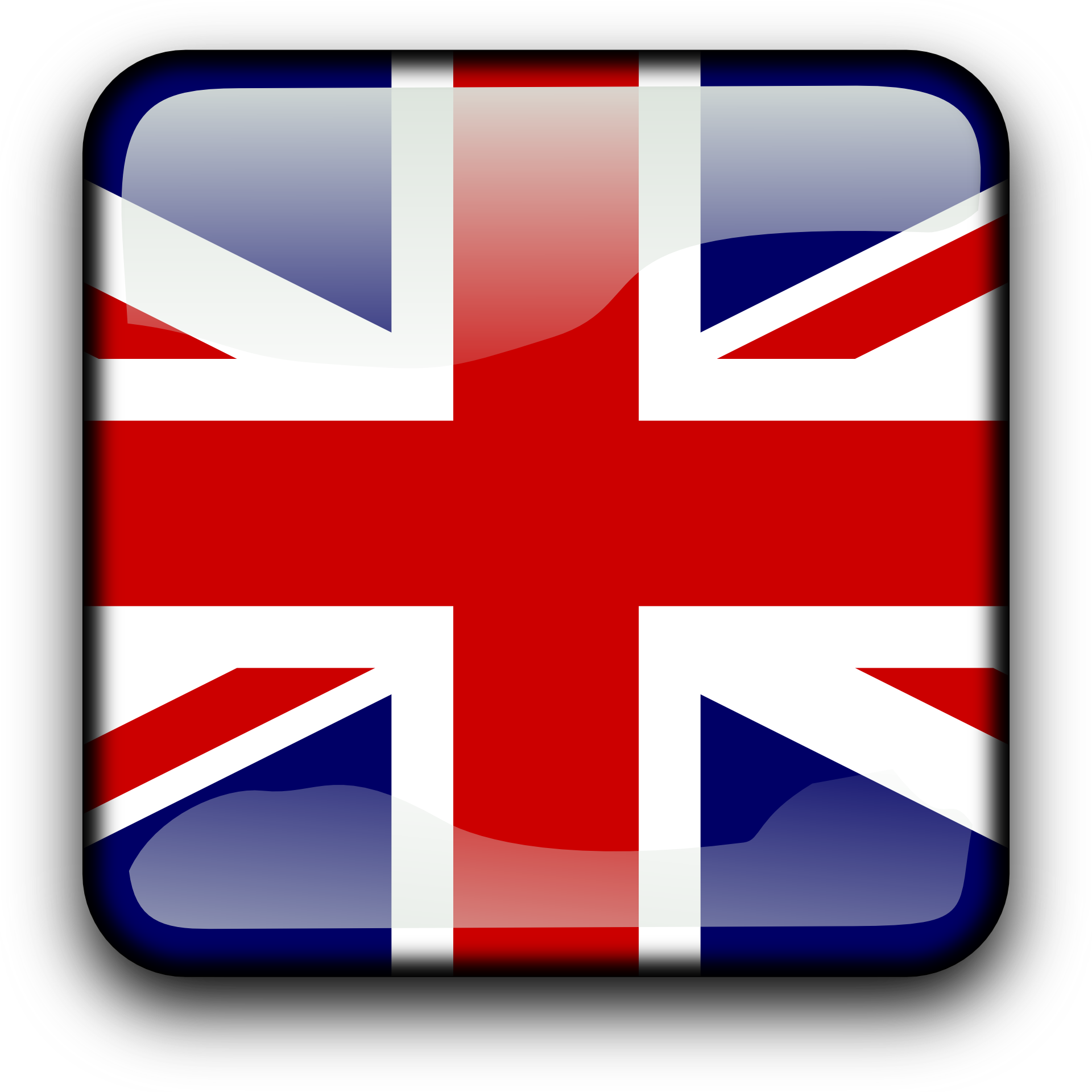 The University of Cambridge has existed since 1209 and it is the second largest university in Europe and the fourth one in the entire world. Nowadays so called Cambridge is a collective state research institute and its doors are open to students from over 120 countries.
The University of Cambridge has existed since 1209 and it is the second largest university in Europe and the fourth one in the entire world. Nowadays so called Cambridge is a collective state research institute and its doors are open to students from over 120 countries.
The university consists of 31 fully-autonomous colleges, more than 100 libraries, 9 cultural, scientific and art museums, botanic garden, publishing house, student unions and communities. Departments, faculties, scientific institutes and centers are combined into 6 different schools.
It should be mentioned that 82 people among the teaching staff of the university have achieved Nobel prizes in physics, medicine, chemistry, economics and literature. This is an important indicator of possibilities and level of knowledge given by Cambridge to its students, which is another reason of its popularity except for already existing fame and traditions.
Strangely enough, but almost any entrant, whose level of knowledge meets the requirements of a competitive selection, can enter the University of Cambridge. The price for education may seem quite high first, but the result is worth the cost. In addition, the cost may vary depending on a college and a selected preparation course (theoretical or practical). Particularly talented and diligent students may get a grant from the university, which will solve some payment issues, at least regarding studies.
Scientific fields of study:
| Chemical Engineering | Mathematics |
| Computer Sciences | Medicine |
| Engineering | Natural Sciences |
| Industrial Engineering | Veterinary Medicine |
Humanitarian fields of study:
| Archeology and Anthropology | Anglo-Saxon, Norse and Celtic Cultures |
| Architecture | Modern and Medieval Languages |
| Ancient Classics | Social and Political Sciences |
| Economics | History of Art |
| Education | Land Economy |
| English | Asian Culture |
| Geography | Philosophy |
| History | Religion and Theology |
| Law | Management |
| Linguistics | Music |


 kudapostupat
kudapostupat














 438522
438522 
